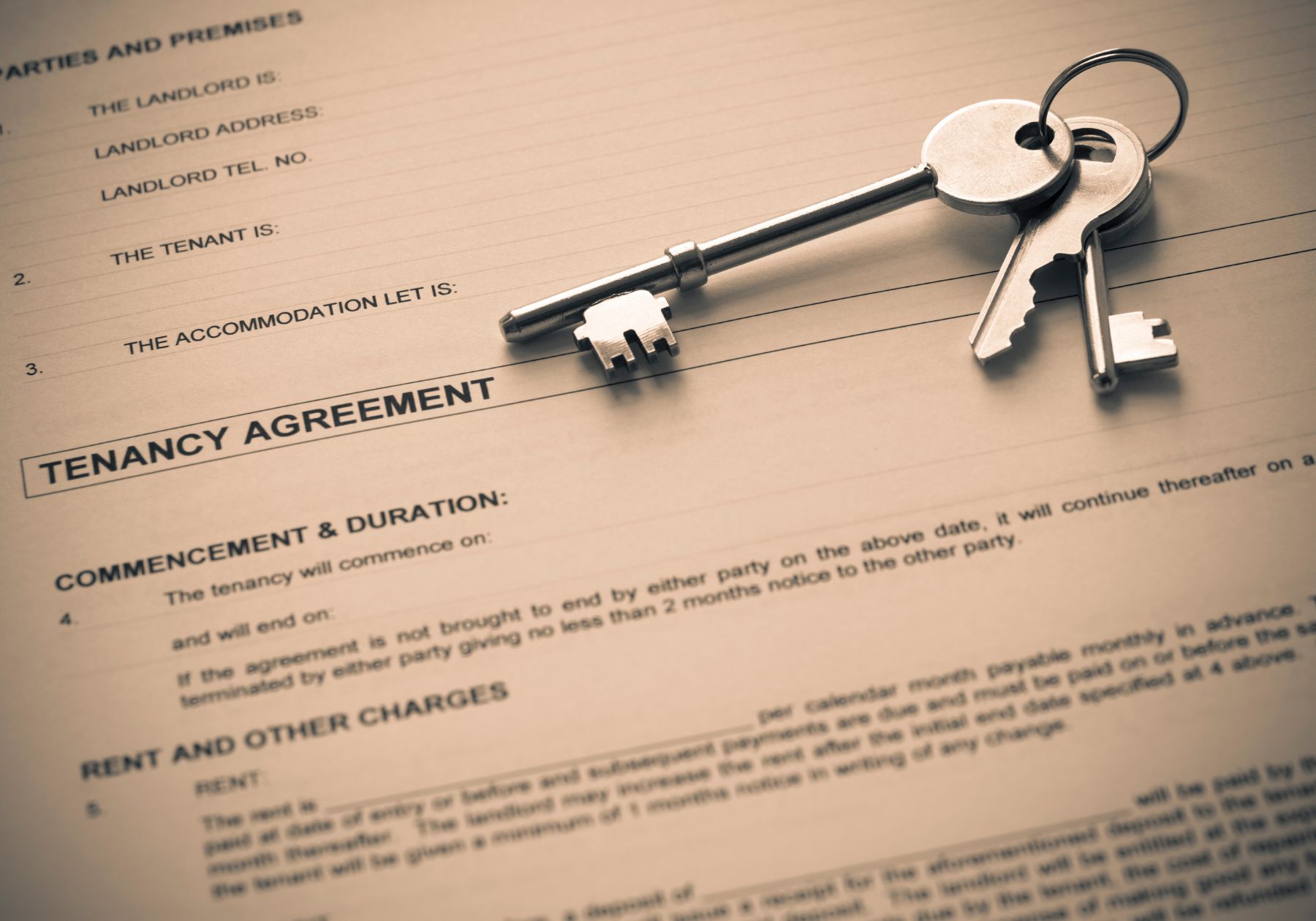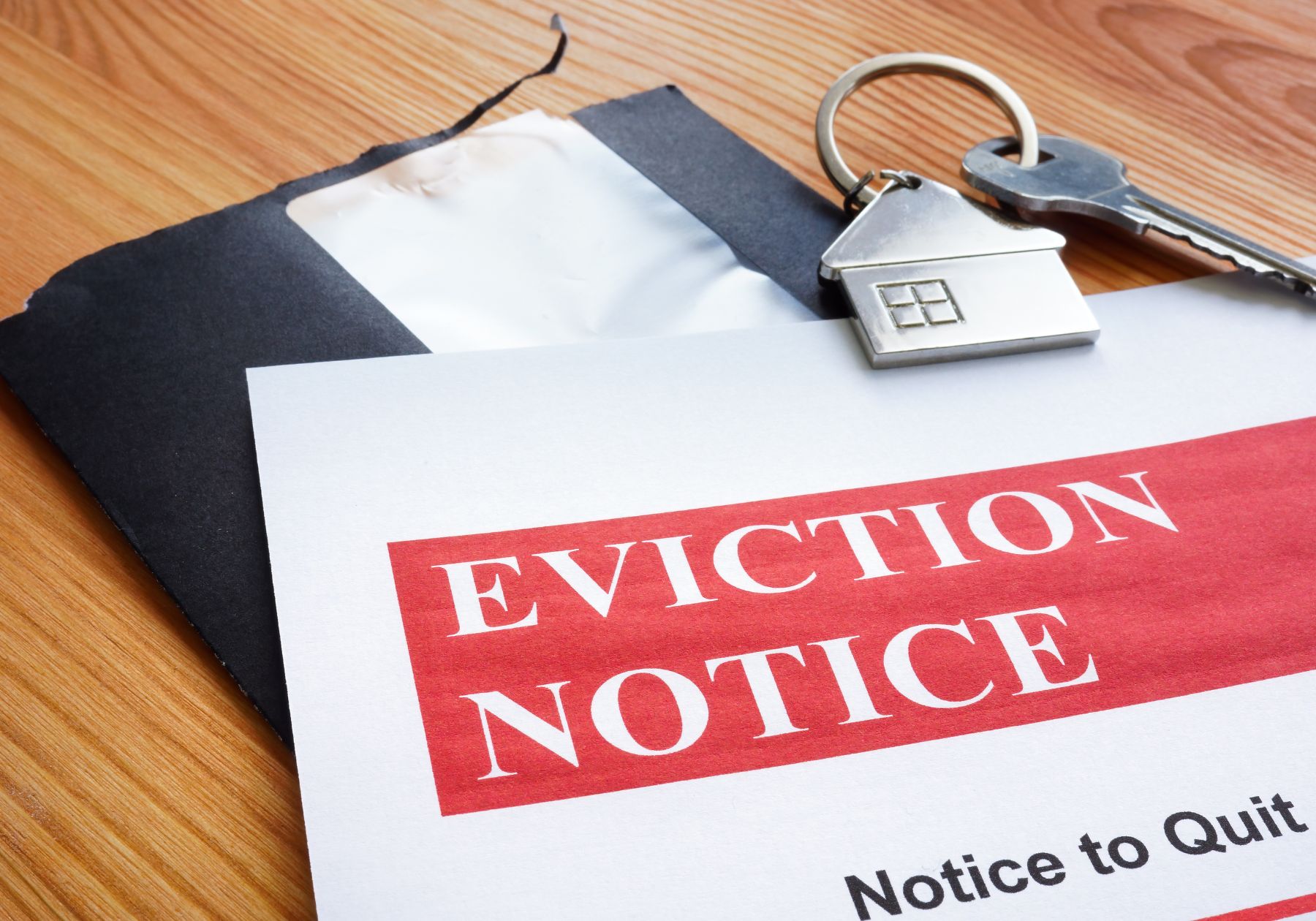With a new Labour government in place, the rental market is facing significant changes as they plan to reshape the private rented sector. These proposals are designed to improve tenant security and affordability, but as a landlord, it’s crucial to understand how these reforms could affect you and your property portfolio.
In this blog, we’ll outline the key changes that the Labour government is planning, what they mean for landlords, and how you can best prepare to adapt.

1. Rent Controls: Capping Rent Increases
One of the most notable policies Labour has suggested is the introduction of rent controls. They are proposing a system where rent increases are limited to inflation or capped at a certain percentage each year. This is intended to make rent more affordable for tenants and prevent sharp rent hikes.
Impact on Landlords:
- You will face restrictions on how much you can increase rent during a tenancy, even in a competitive market.
- This could limit your ability to adjust rents to keep up with rising maintenance costs, inflation, or market demand, potentially impacting your rental income.
What You Can Do:
- Focus on long-term planning by ensuring your current rents are fair and sustainable to avoid future financial strain.
- Maintain your properties to a high standard to attract long-term tenants, reducing the need for frequent turnover.
- Consider working with a letting agent to ensure your rents remain competitive within the regulated framework.

2. Open-Ended Tenancies
Labour plans to introduce open-ended tenancies, moving away from fixed-term contracts. Tenants would be able to stay in a property indefinitely, providing them with more stability and security. This would limit landlords’ ability to regain possession of a property at the end of a fixed term.
Impact on Landlords:
- You will have less control over the length of tenancies and may find it more difficult to regain possession of your property if your plans change.
- Tenants would be able to give notice to leave at any time, potentially resulting in more frequent void periods.
What You Can Do:
- Develop strong relationships with your tenants and encourage open communication, which can lead to more stability and fewer surprises.
- Consider a flexible property management strategy that accounts for potential longer-term tenants and reduces reliance on fixed-term contracts.
- Stay informed about legal grounds for possession, which may be your primary route to regaining control of your property.
3. Stronger Grounds for Eviction
Labour’s proposals include strengthening the grounds for eviction. While Section 21 would remain abolished, the new system would require landlords to prove grounds for eviction, such as non-payment of rent, anti-social behaviour, or the need to sell or move into the property.
Impact on Landlords:
- Eviction processes could become more time-consuming and require stronger evidence of tenant breaches, potentially delaying your ability to regain possession.
- Evicting problem tenants may require navigating a complex legal process, which could take longer than under current laws.
What You Can Do:
- Ensure you keep detailed records of tenant payments, property conditions, and communications to build a strong case if eviction becomes necessary.
- Partner with a letting agent or legal expert to ensure you follow the correct procedures and minimise the risk of disputes.
- Be proactive in addressing tenant issues before they escalate to the point of requiring eviction.

4. Regulation of Short-Term Lets
Labour is planning stricter regulations on short-term lets, such as those advertised on platforms like Airbnb. These regulations may include restrictions on how many days a property can be rented out as a short-term let or new licensing requirements for landlords who operate in this space.
Impact on Landlords:
- If you use your property for short-term lets, you may face new limits on how often you can rent it out, reducing your earning potential.
- Licensing requirements could add another layer of bureaucracy, including the need to meet additional safety or maintenance standards.
What You Can Do:
- Review your rental strategy and consider whether long-term letting may provide more stability under the new regulations.
- Ensure that you’re fully compliant with any new licensing or safety requirements to avoid fines or penalties.
- Work with a letting agent to explore the best options for maximising your rental income within the new framework.
5. Decent Homes Standard
Labour intends to introduce a "Decent Homes Standard" for the private rented sector. This will ensure that all rental properties meet minimum standards for safety, energy efficiency, and overall condition. Landlords may be required to invest in upgrades or repairs to meet these criteria.
Impact on Landlords:
- You may need to invest in improvements to bring your properties up to the required standard, potentially leading to increased maintenance costs.
- Properties that fail to meet the Decent Homes Standard could be subject to penalties or restrictions on letting until they are upgraded.
What You Can Do:
- Conduct a thorough review of your properties to identify any areas that need improvement in terms of safety, energy efficiency, and habitability.
- Plan for future upgrades, particularly around energy performance, as Labour’s government is likely to focus heavily on climate-related improvements.
- Work with professionals to ensure your properties meet the required standards, protecting your rental income and avoiding penalties.
6. National Landlord Register
A key proposal is the creation of a national landlord register. All landlords would be required to register their properties, providing transparency and accountability across the sector. This will give tenants a clearer view of who their landlord is and whether they comply with legal obligations.
Impact on Landlords:
- This adds another level of administrative responsibility, requiring you to ensure that your property and personal details are up to date in the register.
- Non-compliance could result in fines, or you may be restricted from letting your property if you fail to register.
What You Can Do:
- Stay informed about the register's requirements and ensure that you’re fully compliant from the outset.
- Use the national register to your advantage, showcasing your properties and your commitment to being a responsible landlord.
- Keep meticulous records of your properties and their compliance with all relevant regulations, making the registration process smoother.









